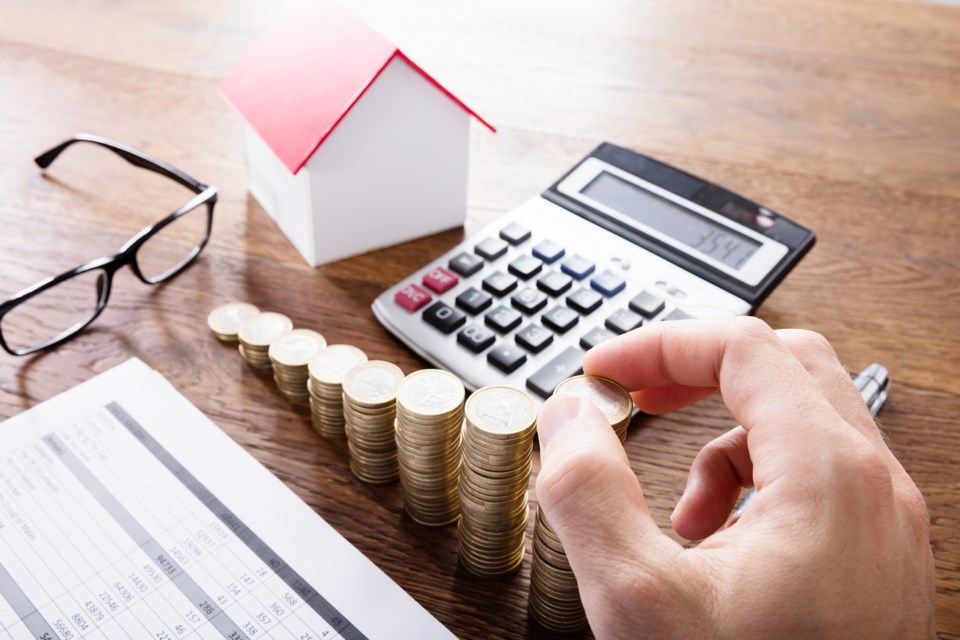Like it or not, Squamish’s hot housing market is going to impact the property tax bill homeowners will soon get in the mail.
Overall, property taxes for homeowners are set to go up 4.7 per cent. Single-family homes will see a bit more of a hit with a 5.81 per cent increase over property tax bills last year.
Council passed the first three readings of the 2017 property tax rates bylaw at a meeting Tuesday night.
“No one ever likes to increase tax rates, but I think this is very fair and council and staff worked long and hard over the four or five months, with input from the community,” said Mayor Patricia Heintzman.
The average residential property will see an increase of $92 this year.
A detached home will see an increase of approximately $149 over their property tax bill last year.
Property taxes will vary, however, depending on factors such as real estate sales in each neighborhood and property improvements.
Municipal taxes are based on a formula that relates to the properties’ assessed value by BC Assessment.
Due to the substantial increase in the assessment base, the municipal tax rates for most classes have been reduced by 22.5 per cent compared with 2016 rates, noted Christine Mathews, District of Squamish director of financial services.
To generate the revenue needed for the 2017 budget council has drafted, the District needs approximately $26 million, up about 6.5 per cent over last year’s budget requirement.
“It is tough when you are a growing community to keep up with the demands of the community and we are right at that sweet spot right now of dealing with a big infrastructure and trying to make sure we are growing that tax base to be able to meet the demand,” said Heintzman.
Due to a lack of other tax classes in Squamish, residential properties form 87 per cent of the assessment base and soak up about 66 per cent of the municipal tax burden. The average burden on residential properties in BC communities is 57 per cent.
The volatile housing market has definitely impacted tax rates, and there is no way to completely mitigate that hit, the staff property tax report to council states.
Overall, BC Assessment evaluations have risen 38 per cent for 2017, with four per cent of that related to growth in the assessment base.
The volatility in the market is made clear by looking at examples from different neighbourhoods.
An average home in the Garibaldi Highlands, for example, may have received a BC Assessment of $972,000 for 2017, up 34 per cent over the assessment in 2016.
That homeowner’s municipal tax bill would be $3,297 this year, an increase of 3.4 per cent. The increase translates to about $9 per month.
Downtown, a home that is, for example, assessed at $603,600 by BC Assessment this year, is up close to 54 per cent over last year’s assessment. That homeowner’s muni property taxes would be $2,047 this year, up from $1,728 last year. Per month, this homeowner would pay approximately $27 more.
Business taxes are going down by an average of 2.9 per cent. A Cleveland Avenue business that may have received a BC Assessment of $661,800 this year, which is about 20 per cent over last year, would see an almost eight per cent decrease in taxes over last year according to the District formula. The 2017 tax assessment for this sample business would be $6,297, a monthly decrease of around $43 over last year’s property tax bill.
Light industry property owners will see an approximate 1.31 per cent decrease in their tax bill.
Utilities property class taxes decrease this year by an average of 6.48 per cent.



